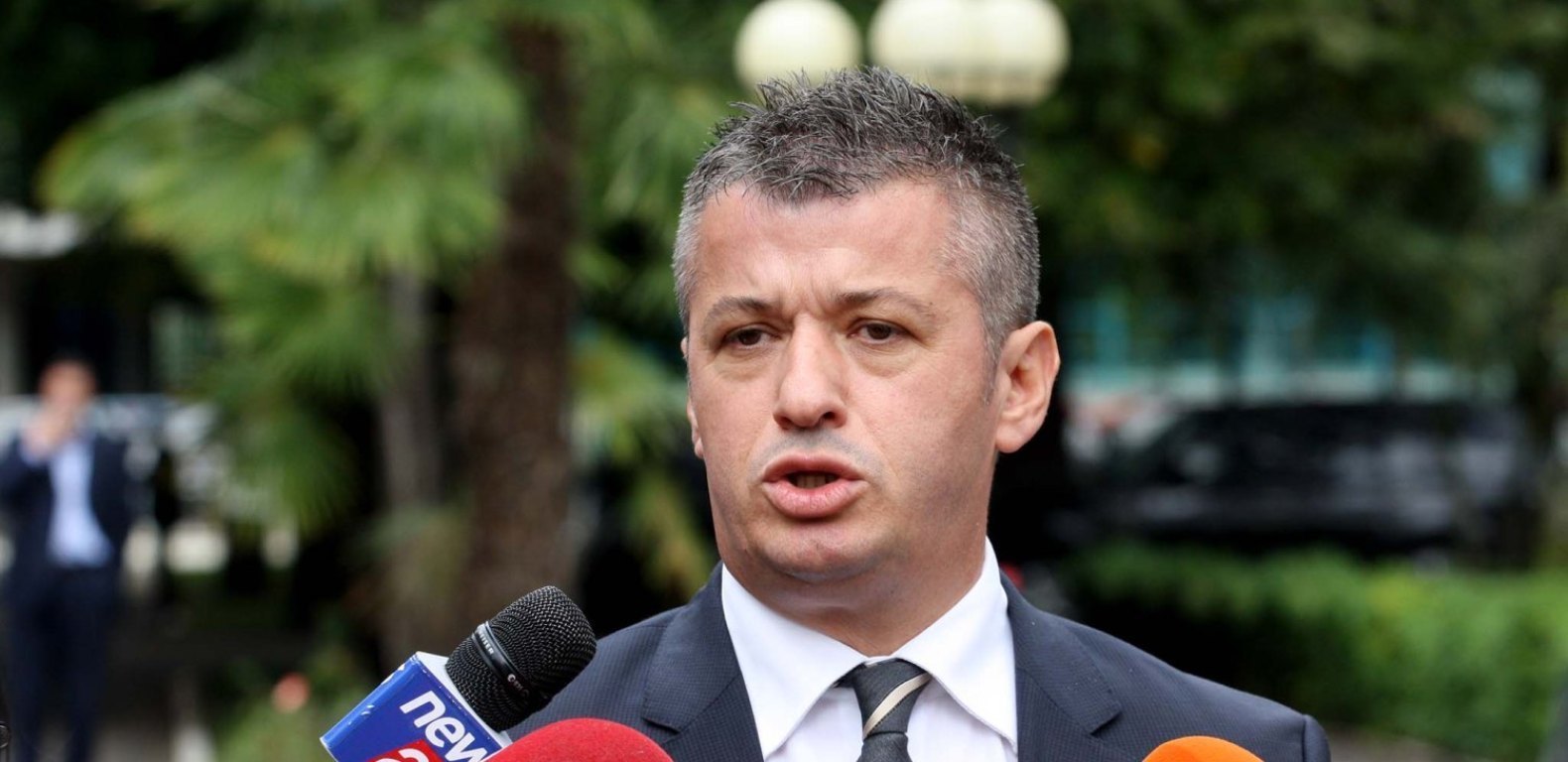
By Alfred Peza
Given that the majority of comments about the composition of the new governing cabinet chaired by PM Edi Rama have come from the opposition camp, I will try to do a reading from the inside. Not a political reading from the personal position within the SP, but in the form of a simple publicist exercise. An analysis that I would make as a journalist, even if I weren’t an active part of the political structures of this party. I believe that this is necessary to be done for as long as the readings that come in general by the oppositions in democratic countries such as Albania, see this process negatively. And on the other hand, the reading made by the media supporting the opposition, has been so far a black and white reading. Besides being a more “economic” governing cabinet, with a small number of ministries and where we have an equal gender representation, this cabinet also has several other statistical elements:
-Out of the total number of 15 members that the new government will have (including PM Rama), 12 of them have served in previous governments, occupying different posts. The ones that are given ministerial posts for the first time in their career are three: 1–Senida Mesi, proposed for the post of deputy PM. This was also the first time she won the mandate of MP in the constituency of Shkodra in the June 25 elections. 2–Etilda Gjonaj, who is expected to be the new minister of Justice, will be in charge of the implementation of the justice reform, considered as the biggest reform of Rama 1 cabinet. Up until yesterday, she has occupied the post of deputy minister of Justice and has been previously been proposed by the SP parliamentary group for the position of the National Anti-Discrimination Commissioner. 3–Sonila Qato, who will hold the position of the Minister of State for the Protection of Enterprise, has been previously engaged in the SP and has served as head of the National Agency for the Return and Compensation of Properties in the past four years.
The new government cabinet is a combination of three political generations of the post communist period in Albania. This category will also include names already confirmed from the SP for the new speaker of Parliament and its parliamentary group.
1–The generation which has started its political and parliamentary career before Edi Rama became chairman of SP in 2005, following Fatos Nano’s resignation. They are: a–Gramoz Ruçi, proposed for the post of the Speaker of Parliament. b–Pandeli Majko, proposed for the post of the State for the Diaspora. d–Taulant Balla, proposed for the post of the chairman of the Parliamentary Group of the Socialist Party. e–Blendi Klosi, proposed for the position of the minister of Tourism and Environment.
2–The generation of ministers who started their parliamentary political career after Edi Rama was elected chairman and the SP was in opposition. They are: a–Arben Ahmetaj, proposed as new minister of Finance, Economy and Labor, elected for the first time as MP in 2009. b–Ditmir Bushati, reconfirmed in the position of Foreign minister, elected for the first time as MP in 2009. c–Lindita Nikolla, reconfirmed in the post of the minister of Education, Sport and Youth, has been elected for the first time as MP in 2009. d-Damian Gjiknuri, proposed in the post of the minister of Infrastructure and Energy, was first elected as socialist MP in 2009. e–Niko Peleshi, proposed for the post of the minister of Agriculture and Rural Development, elected for the first time as mayor of Korca in 2007 and 2011 and after holding the post of the deputy PM (2013-2017), he becomes MP for the first time.
3–The generation of ministers who have started their political career after 2013, when the SP came back to power. Besides the three names who are being tried for the first time in the position of minister, this list also includes two other names: a–Mirela Kumbaro, which has been reconfirmed as minister of Culture, is also elected for the first time as MP of the constituency of Gjirokastra. b–Ogerta Manastirliu, who has been reconfirmed for the post of the minister of Health and Social Care. She has also been elected for the first time ever as an MP of the constituency of Tirana.
This harmonization of generations, experiences, profiles, contributions and political experiences during these 27 years, is the indicator of a well pondered work to preserve internal equilibrium and to create a team which represents all generations of voters and supporters of the left week in general and the SP in particular. On the other hand, this has also taken into account the geographic and religious aspect of representation, in both government and Parliament.
With yesterday’s proposals, Edi Rama is crystallizing the traditional profile of a party chairman and an atypical PM, who knows how to “surprise” with his choices and the promotion of new political figures, by trusting posts and functions which then turn into a big bet in the relations with the public and voters. A bet which he has often won, by making the SP a party rich with new figures and profiles, which have offered important contributions in a number of challenges and reforms undertaken by the majority.
The gong has rung. The game has started. The show must go one!
Note: The views expressed in this article are the author's own and do not necessarily reflect Albanian Free Press’ editorial policy
